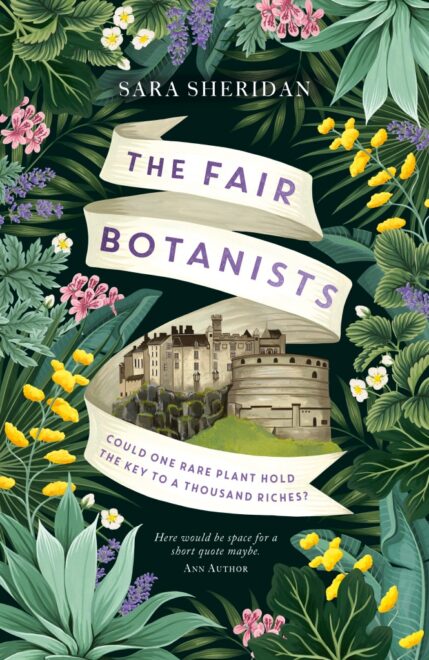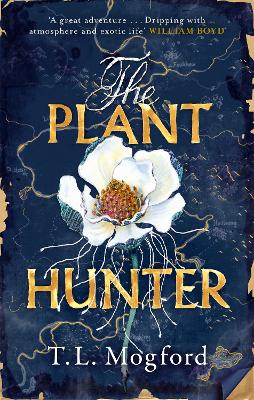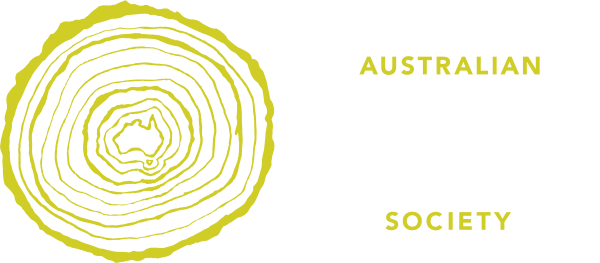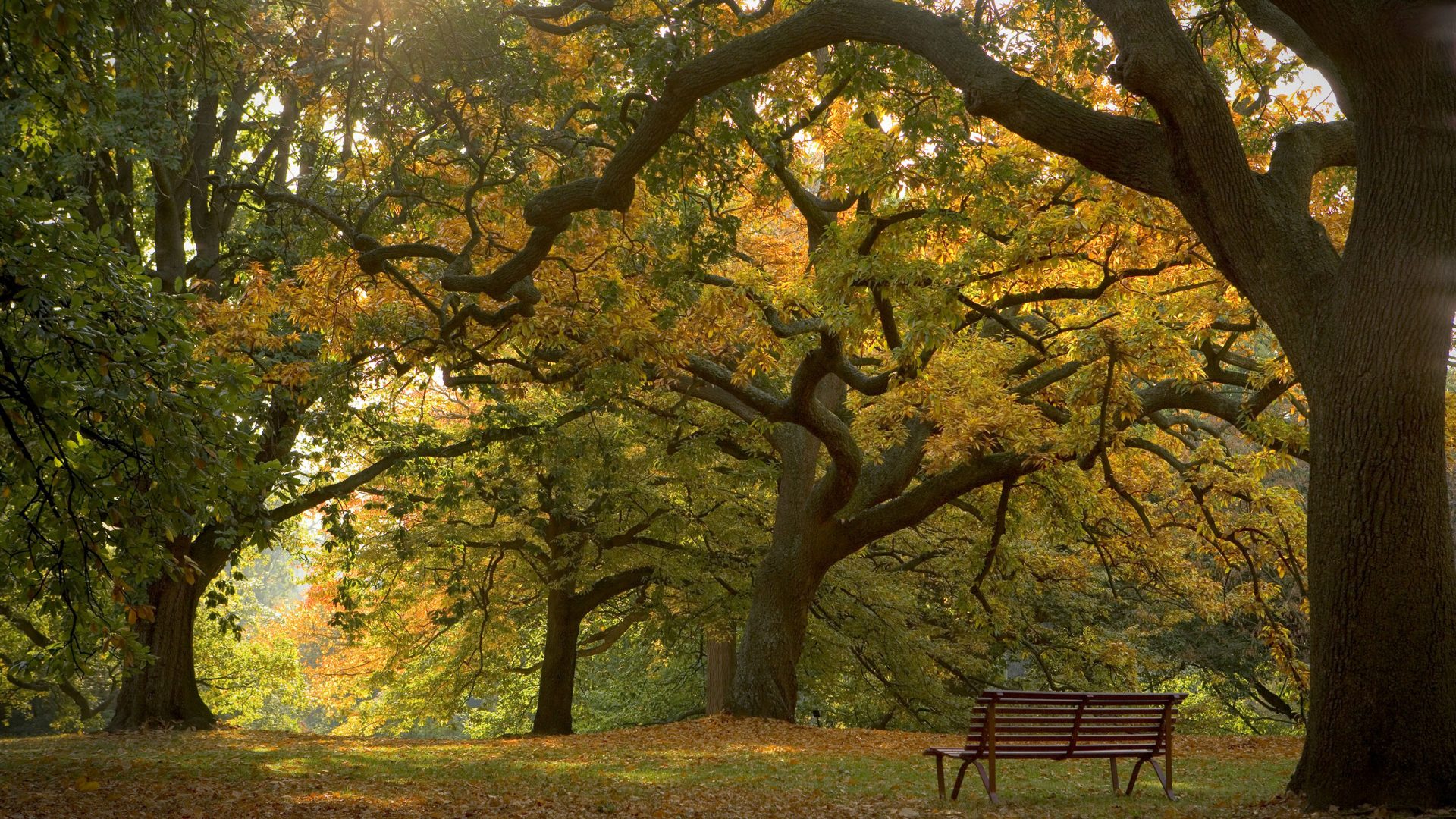Here in Bundanoon, summer has been elusive. The sun has had to compete with mist and rain; the weeds are the happiest plants in the garden. That’s meant a bit more time for reading. Two novels I’ve finished are set in the nineteenth century; both have a botanical theme.
 The Fair Botanists by Sara Sheridan (Hodder and Stoughton, 2021) is set in Edinburgh in the summer of 1822. Its protagonists are women, brought to the fore by Sheridan, an historian interested in women’s history during the Enlightenment. She writes in an afterword: ‘For me an historical novel is a time machine that takes a reader back to where they come from. It casts light on the modern world. I slid the fiction of this story right up against the real history of the summer of 1822 [when George IV visited Edinburgh].’
The Fair Botanists by Sara Sheridan (Hodder and Stoughton, 2021) is set in Edinburgh in the summer of 1822. Its protagonists are women, brought to the fore by Sheridan, an historian interested in women’s history during the Enlightenment. She writes in an afterword: ‘For me an historical novel is a time machine that takes a reader back to where they come from. It casts light on the modern world. I slid the fiction of this story right up against the real history of the summer of 1822 [when George IV visited Edinburgh].’
It can be tricky not to bring modern sentiment into such an endeavour. Sometimes that does happen here but overall Sheridan succeeds in showing us Edinburgh through the eyes of a botanical artist, a perfumer (and courtesan) who is helped by a blind girl with an exceptional sense of smell. What I found also compelling was the story of the century plant, an Agave americana, which reminds us of the nineteenth-century fascination with exotic plants.
 That fascination — and the lengths to which people went to acquire new and rare specimens — is the subject of the second book, The Plant Hunter by TL Mogford (Welbeck, 2022). The book starts out in London in 1867 with a well-drawn picture of the city and the plant nursery business. But most of the action takes place in China, where the hero, Harry Compton has embarked on an intrepid hunt for the Icicle Tree. Harry with his Jack Russell, Clarissa (a distant cousin, another botanical artist and, yes, soon a love interest) and Chinese guide Li-Liang set sail from Shanghai for Hunan to find the tree that will make a fortune. The blurb, by William Boyd, describes this as ‘a great adventure…dripping with atmosphere and exotic life’. To my taste, it drips a bit too much but is saved by details about plant collecting — Wardian cases, ways of preserving seeds and cuttings, record-keeping. Mogford reminds us too of the Chinese origins of so many of the plants we cherish and of the effects of colonialism, explicitly the opium trade, but also the reason these plants were first exported.
That fascination — and the lengths to which people went to acquire new and rare specimens — is the subject of the second book, The Plant Hunter by TL Mogford (Welbeck, 2022). The book starts out in London in 1867 with a well-drawn picture of the city and the plant nursery business. But most of the action takes place in China, where the hero, Harry Compton has embarked on an intrepid hunt for the Icicle Tree. Harry with his Jack Russell, Clarissa (a distant cousin, another botanical artist and, yes, soon a love interest) and Chinese guide Li-Liang set sail from Shanghai for Hunan to find the tree that will make a fortune. The blurb, by William Boyd, describes this as ‘a great adventure…dripping with atmosphere and exotic life’. To my taste, it drips a bit too much but is saved by details about plant collecting — Wardian cases, ways of preserving seeds and cuttings, record-keeping. Mogford reminds us too of the Chinese origins of so many of the plants we cherish and of the effects of colonialism, explicitly the opium trade, but also the reason these plants were first exported.
Reviewer: Francesca Beddie

